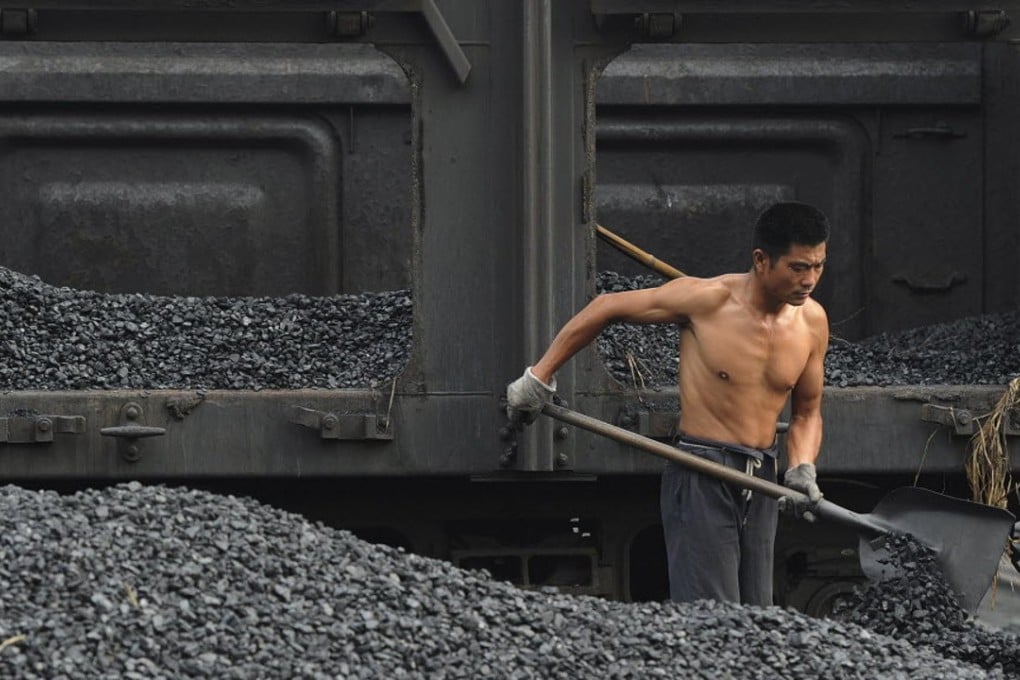A China borrower’s US$11 billion debt pile comes crashing down

China this month recorded one of its biggest corporate-debt defaults yet, with the downfall of a coal miner that had ridden the country’s wave of credit until policy makers changed the game with their deleveraging campaign.
For investors in Wintime Energy, it’s been far from a winning time now that the company from northern Shanxi province is proving incapable of rolling over debt that quadrupled in less than five years. How the borrower ran up a 72.2 billion yuan (US$10.8 billion) tab that it now can’t make good on illustrates why this year will be China’s worst yet for corporate defaults. And with a potential lifeline from state-owned banks unveiled Wednesday, it could also emerge as an example of China’s unwillingness to allow unbridled corporate failures.
Wintime’s original plan was to borrow to fund acquisitions and expand into areas including finance and logistics. As borrowing costs tumbled from 2014, funding was easy to get and the miner took full advantage of creditors’ largesse. Things started changing in 2016, when President Xi Jinping began putting emphasis on reining in financial risks.
Now, Wintime has the unfortunate distinction of being the largest defaulter in China so far in 2018, delinquent on 11.4 billion yuan of securities after it failed to pay a local bond this month.
China’s changing environment for financing has had quite a big impact on the company, an officer with Wintime’s information disclosure department said by phone, declining to be identified by name. The firm is trying to raise new debt to repay existing obligations and is selling assets, he said, declining to comment on Wintime’s past run-up in debt.
That run-up came amid a near-doubling in size of China’s domestic bond market, now roughly US$12 trillion and the world’s third largest. The government had encouraged companies to use bonds for financing as they embraced financial innovation to make the economy less dependent on state-owned banks.